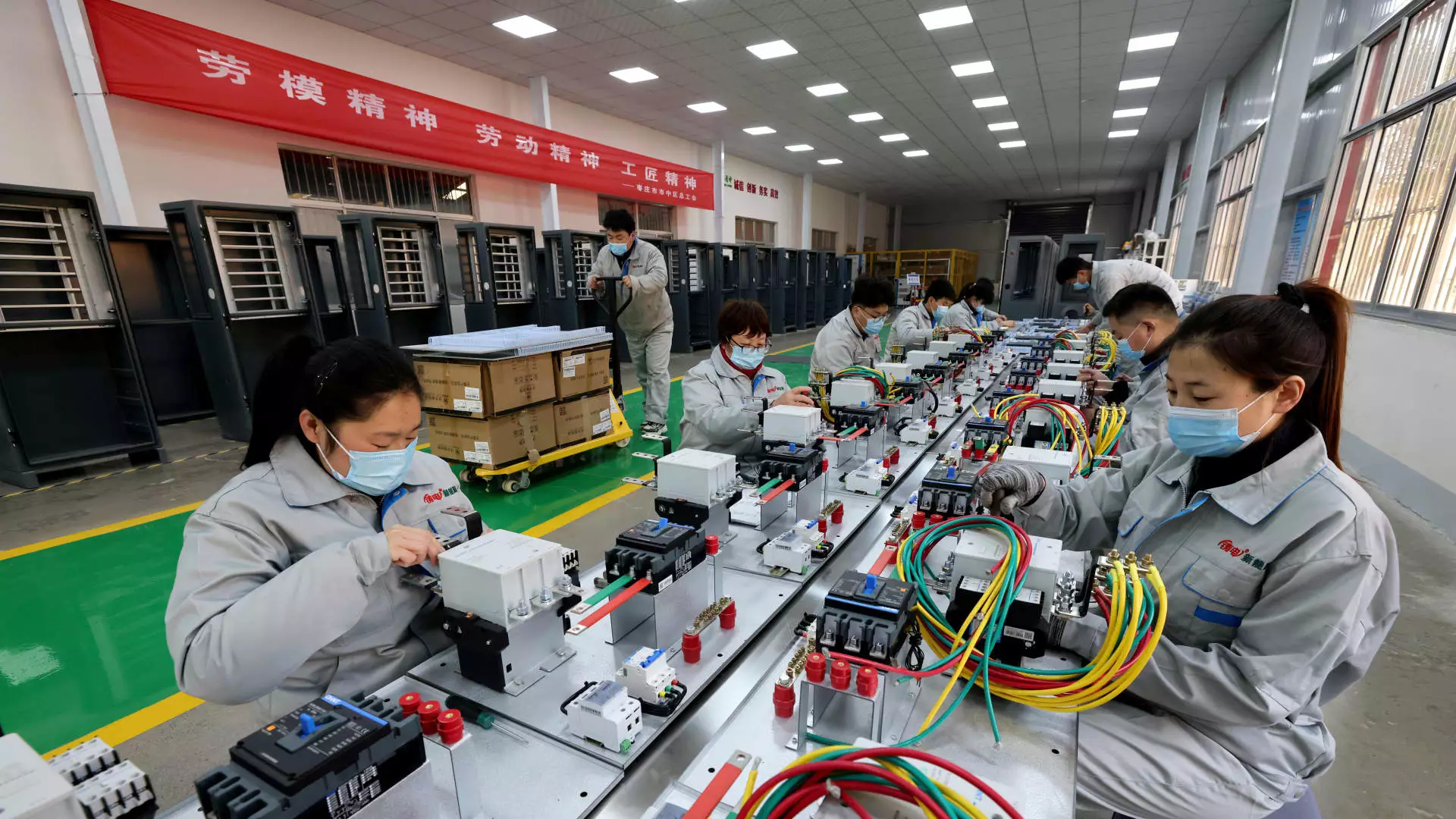As global investors navigate an ever-changing financial landscape, one significant voice stands out: Perth Tolle, founder of Life + Liberty Indexes. Tolle recently articulated a cautionary stance on investing in China, suggesting that the country’s capitalistic framework could be on uncertain footing. With a wealth of experience, she poses critical questions about the viability of China’s model and its implications for investors and personal freedoms.
Tolle’s insights challenge a long-standing belief that economic growth in China would necessarily converge with democratic reforms. She emphasizes that while economic freedom can lay the groundwork for personal liberties, it is not a guarantee of their attainment. This crucial distinction can reshape how investors assess their portfolios, particularly in relation to the Freedom 100 Emerging Markets ETF, which she manages—an investment vehicle that has notably avoided Chinese stocks altogether.
The Freedom 100 Emerging Markets ETF has seen impressive gains since its inception on May 23, 2019, boasting a more than 43% increase. In stark contrast, the iShares China Large-Cap ETF has fared relatively better in recent months, with a 19% increase this year. Nonetheless, Tolle points out that her ETF’s strategy of circumventing investments in China has not only shielded it from potential volatility but also contributed to more stable returns. This performance merits further investigation into the thought process behind such investment strategies—and whether a focus on liberty-centered economies could appeal to a broader base of investors seeking resilience in their portfolios.
Tolle’s initial hesitance to invest in China can be traced back to her early career as a private wealth advisor at Fidelity Investments. She recounts a period when her clients clamored for opportunities in the Chinese market, all while she herself maintained a skeptical view. This divergence highlights a relevant tension for many investors—balancing public demand against personal investment principles. Notably, her reflections on discussions with clients from Russia, who expressed reluctance to invest due to ethical concerns, underscores a growing awareness among investors about the implications of their financial choices on global issues.
This journey has solidified Tolle’s commitment to pursuing emerging markets that embrace freedom, postulating that economies lacking this fundamental element may ultimately experience limitations on growth and innovation.
Echoing Tolle’s sentiments is ETF investor Tom Lydon, who warns of the inherent risks present in the Chinese investment landscape. He points out that avoiding China has historically provided investors with less volatility and better performance outcomes compared to those who have invested heavily in the market. Lydon’s perspective further reinforces Tolle’s thesis: that freedom and stability should be paramount considerations when deciding where to allocate funds in emerging markets.
As investors weigh their options, the discourse surrounding China’s economic model serves as a vital reminder of the intricacies at play in global investments. Recognizing the difference between economic maneuverability and the preservation of personal freedoms may ultimately bolster an investor’s decision-making process, guiding them toward more sustainable practices in the long run.

